Did you know that the early years are crucial for a child's development? Studies show that high-quality early childhood education can have a lasting positive impact on a child's learning, physical and social skills, and even future career choices! If you're passionate about raising young minds and making a real difference, then becoming an Early Childhood Teacher (ECT) in Australia could be the perfect career path for you.
So, what exactly does an ECT do? Imagine yourself as a superhero in a world of crayons and curiosity. ECTs create playful learning environments which help children explore, discover, and develop their social, emotional, and cognitive skills. From storytelling and singing to arts and crafts, you'll be the guiding force, fostering a love of learning that sets the stage for future success.
But why become an ECT? Thinking of becoming an early childhood teacher can be a significant first step. Beyond the joy of supporting young minds, this rewarding career offers:
The chance to make a real difference: You'll be shaping the future generation, helping them to build confidence, and to thrive.
A dynamic and creative work environment: Every day brings new challenges and opportunities to ignite young imaginations.
Flexible career options: ECTs can work in childcare centres, kindergartens, and preschools, or even specialize in areas like play therapy or early intervention.
Becoming an Early Childhood Teacher
Formal Education
So you've got the passion and the patience to be a fantastic Early Childhood Teacher! Now you're wondering, "What qualifications do I need?" Let’s talk about Higher Education.
Bachelor's Degrees in Early Childhood Education: Many universities across Australia offer Bachelor programs that delve deeper into child development, curriculum design, and educational philosophies. These degrees, like the bachelor of early childhood, can enhance your theoretical understanding, prepare you for leadership roles like centre director, and even qualify you for teaching in kindergarten settings. Check out the Australian Government's Department of Education and Training website: [invalid URL removed] to explore Bachelor programs in your state or territory.
Master's Degrees in Early Childhood Education: For those seeking an even higher level of expertise, Master's degrees in Early Childhood Education are available. These programs can equip you to become specialists in areas like early intervention, play therapy, or inclusive education. They can also be a stepping stone to research or academic careers. Explore postgraduate programs at government-funded universities: [invalid URL removed] to find the right fit for your career goals.
Remember, while a higher qualification isn't essential to become an ECT, it can significantly boost your career prospects and earning potential, especially when considering early childhood teaching. Don't be afraid to explore your options and invest in your future as a leading light in early childhood education!
Qualifications
Qualifying as an Early Childhood Teacher (ECT) in Australia allows you to shape young minds during their most important developmental years. The best part? You don't need a background in education to get started. This exciting career path offers opportunities for everyone, from passionate newcomers to expert childcare professionals.
Certificate iii in Early Childhood Education and Care
This nationally recognized Certificate III provides you with the essentials to begin your journey as an ECT Assistant. You'll learn all about child development, creating engaging learning environments, and fostering positive relationships with young children.
Diploma in Early Childhood Education
Consider the Diploma as your "level-up" to the Early Childhood Teacher career. Building on Certificate III, this qualification prepares you with more responsibility, including curriculum planning and leading educational activities. It opens doors to broader career opportunities, like centre coordinator or even specializing in early intervention.
Fast Track Your Career with Recognition of Prior Learning (RPL):
Think you've already got the skills for the job? If you have experience working with children in childcare, kindergartens, or similar settings, you might be eligible for Recognition of Prior Learning (RPL)! This process assesses your existing knowledge and skills against the requirements of an Early Childhood Education and Care qualification.
Alternative Routes for Experienced Educators:
Already a qualified primary or secondary teacher? Great news! Many states offer specific pathways for experienced educators to transition into early childhood settings.
Check the resources provided by the Queensland Government - Approved qualifications and the Victorian Government - Become an early childhood teacher or educator | vic.gov.au to see if this applies to you!
Skills Needed to Become an Early Childhood Educator
While qualifications are important, there's a whole other set of skills that will make you a truly exceptional educator. Think of them as your secret in the classroom!
Passion for Young Minds: ECTs are all about taking care of children's curiosity and encouraging their love of learning.
Communication: From clear instructions to engaging storytelling, strong communication is key. You'll also need top-notch interpersonal skills to build positive relationships with children, parents, and colleagues.
Creativity: Think finger painting masterpieces and imaginative play areas! ECTs are the masters of creating stimulating and engaging learning environments that spark children's imaginations.
Patience: Let's face it, little ones don't always follow the script. Patience and understanding are essential for navigating tantrums, resolving conflicts, and guiding children at their own pace.
Teamwork: Collaboration is key in early childhood education. You'll be working alongside parents, colleagues, and other professionals to ensure each child's needs are met.
Organization: From lesson plans to daily routines in early learning, keeping things organized is crucial. Being an ECT requires strong organizational skills to ensure a smooth and stimulating learning environment for the children.
Process for Childhood Education and Care
Registration: Once you've completed your qualifications, registering with the relevant Teacher Regulation Authority in your state or territory is essential! This ensures you meet the professional standards for working as an ECT in Australia. Career opportunities and support | vic.gov.au
Finding Your Dream Job: Explore online job boards or check government websites like the Australian Children's Education & Care Quality Authority - ACECQA for job postings.
Career Progression: The beauty of early childhood education is the diverse career paths! Here are just a few exciting possibilities in a career in early childhood education:
Center Director: Lead and manage a childcare centre or preschool, overseeing staff and ensuring the smooth operation of the facility. The average salary of a Centre Director ranges from $95,000 to $105,000 per year.
Curriculum Developer: Develop engaging and age-appropriate curriculum materials that support children's learning and development. The national average salary range for a Curriculum Developer is $73K - $100K in Australia.
Early Childhood Education Specialist: Provide specialized support to children with additional needs or disabilities as an early childhood educator. The average salary for an Early Childhood Specialist is $80,000 in Australia.
Family Liaison Officer: Build strong relationships with families and support them in their roles as parents or caregivers. The average annual salary for Family Liaison Officer jobs in Perth ranges from $70,000 to $90,000.
Kindergarten Teacher: Specializes in teaching groups of children in kindergarten settings. The average annual salary for a Kindergarten Teacher in Australia ranges from $80,000 to $95,000.
Early Intervention Specialist: Works with young children who may be experiencing developmental delays to provide specialized support and promote their growth in early education. The national average salary for an Early Intervention Specialist is $82,750 in Australia.
Want to learn more about becoming an Early Childhood Teacher?
Enroll in Certificate iii in Early Childhood Education and Care or Diploma in Early Childhood Education to find the perfect path for your career as an Early Childhood Teacher.
Contact Learning Options today to start your journey in VET courses!
FAQ
Is it difficult to be an early childhood educator?
Answer: Sometimes it Can Be! Early childhood education may be a demanding profession that takes a great deal of patience, creativity, and devotion.
What is it like to be an early childhood teacher?
Answer: Being an early childhood educator means understanding how to collaborate with individuals of diverse backgrounds, including families and parents, to produce the greatest possible outcomes for children.
Is early childhood education a fulfilling career?
Answer: Absolutely! In addition to job stability, early childhood education provides several chances for professional development.
What years do early childhood teachers teach?
Answer: Early childhood educators deal with children in their early years, often ages two to five.
What's the difference between an early childhood teacher and an educator?
Answer: The main difference between an Early Childhood Educator and an Early Childhood Teacher is in their qualifications and educational specialization. Early Childhood Educators have more hands-on, caregiving responsibilities, whereas Early Childhood Teachers have greater education and a focus on curriculum creation and instruction.

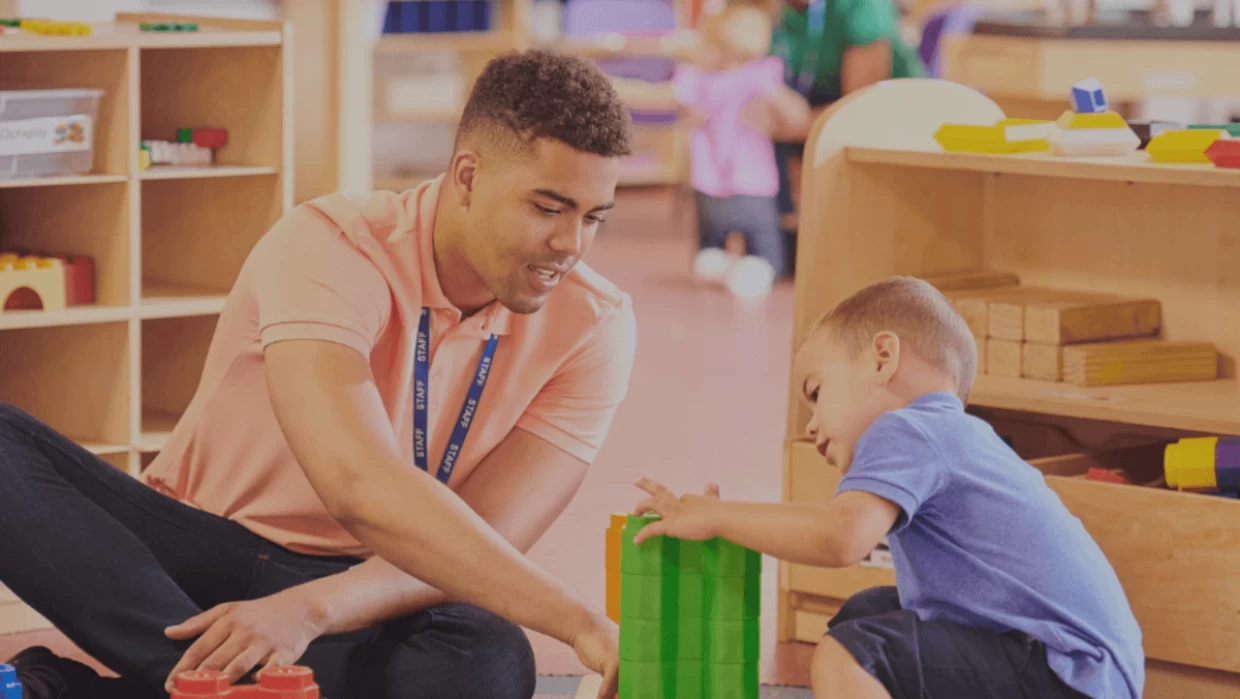
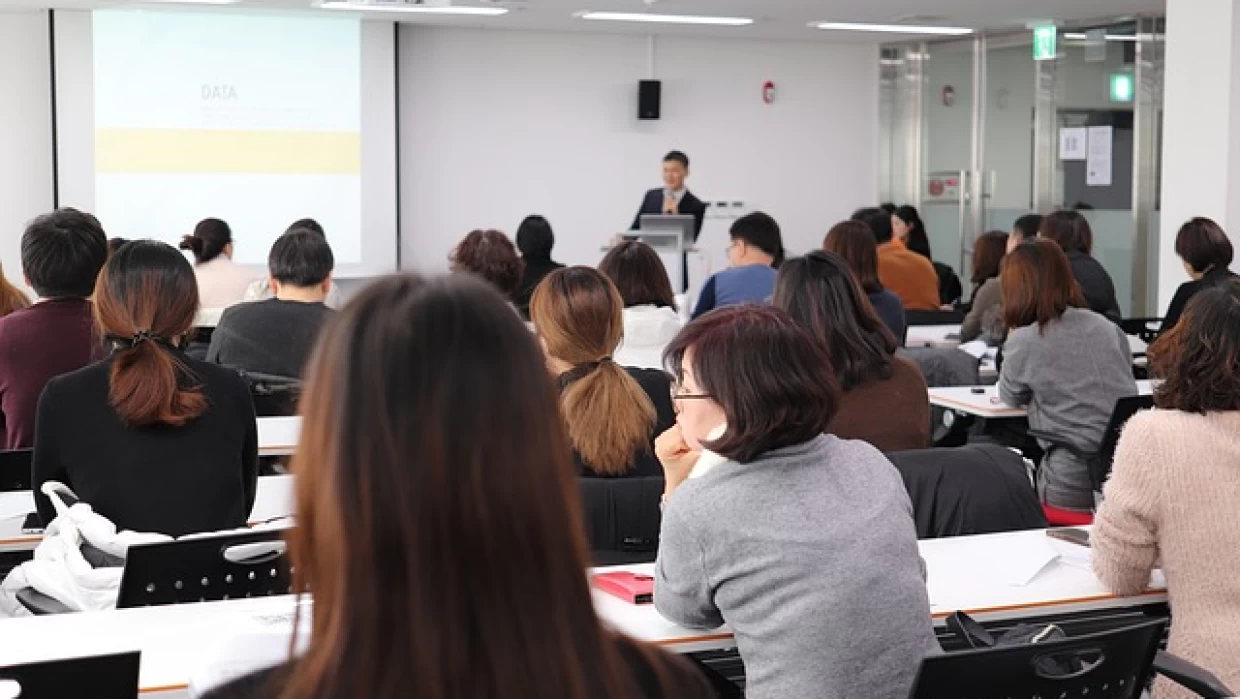



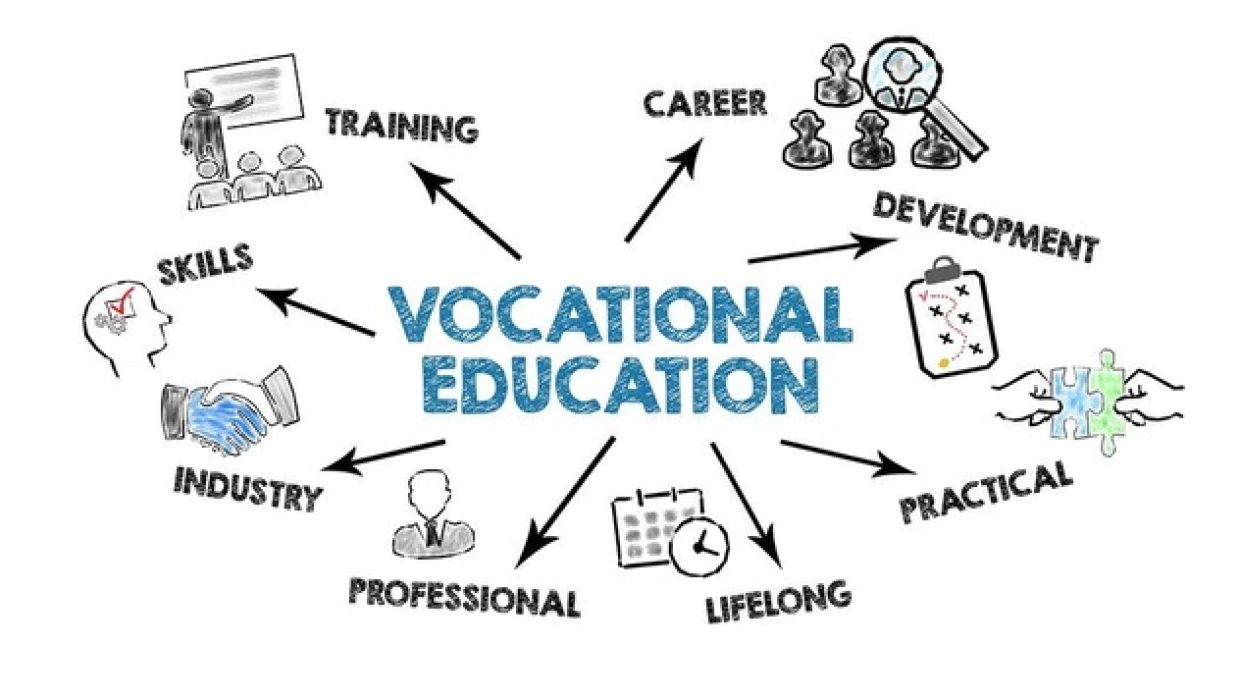
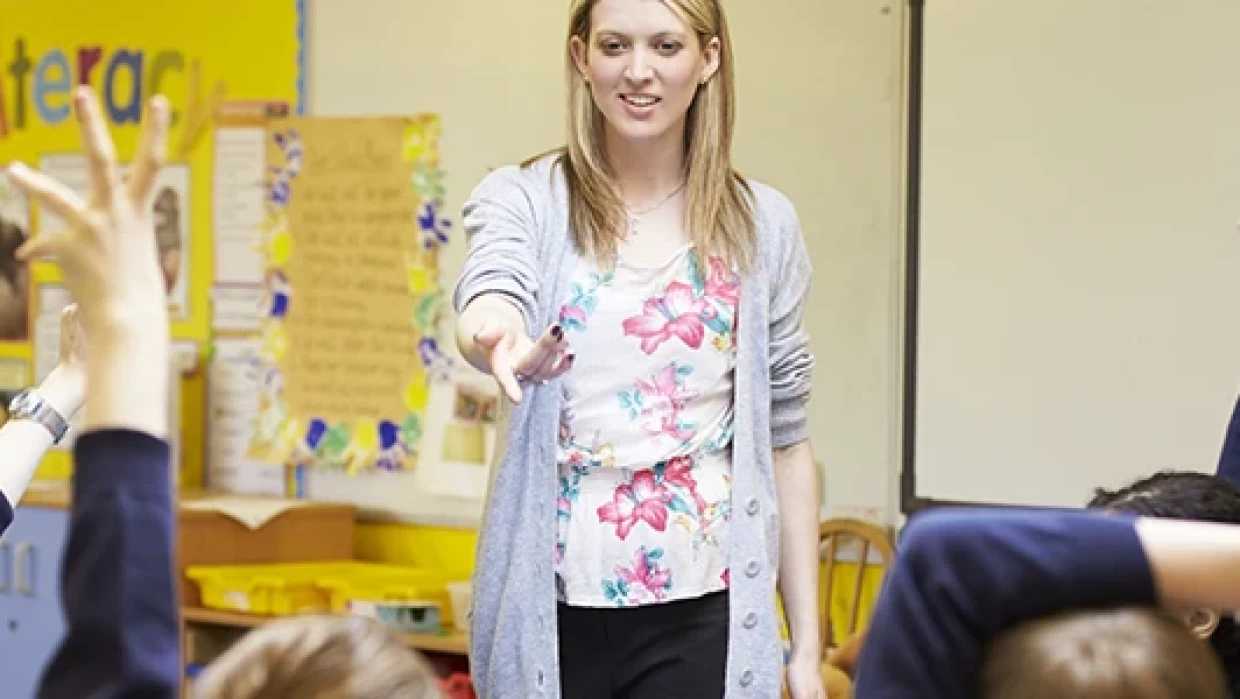


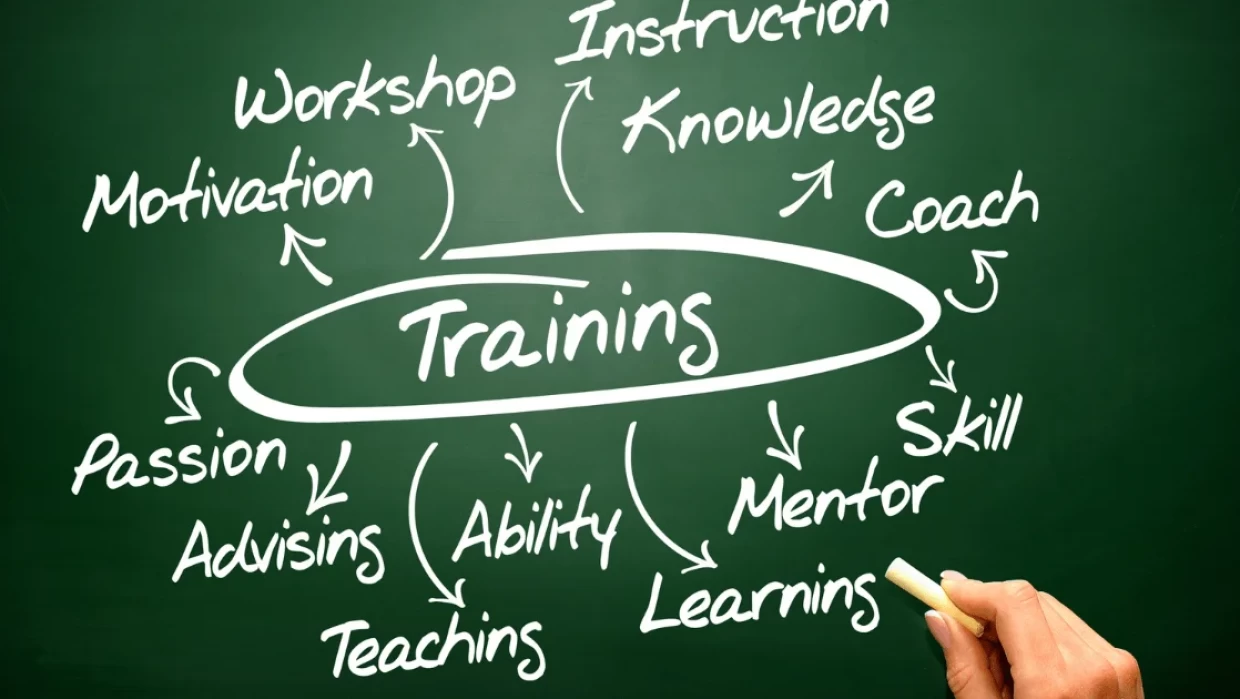

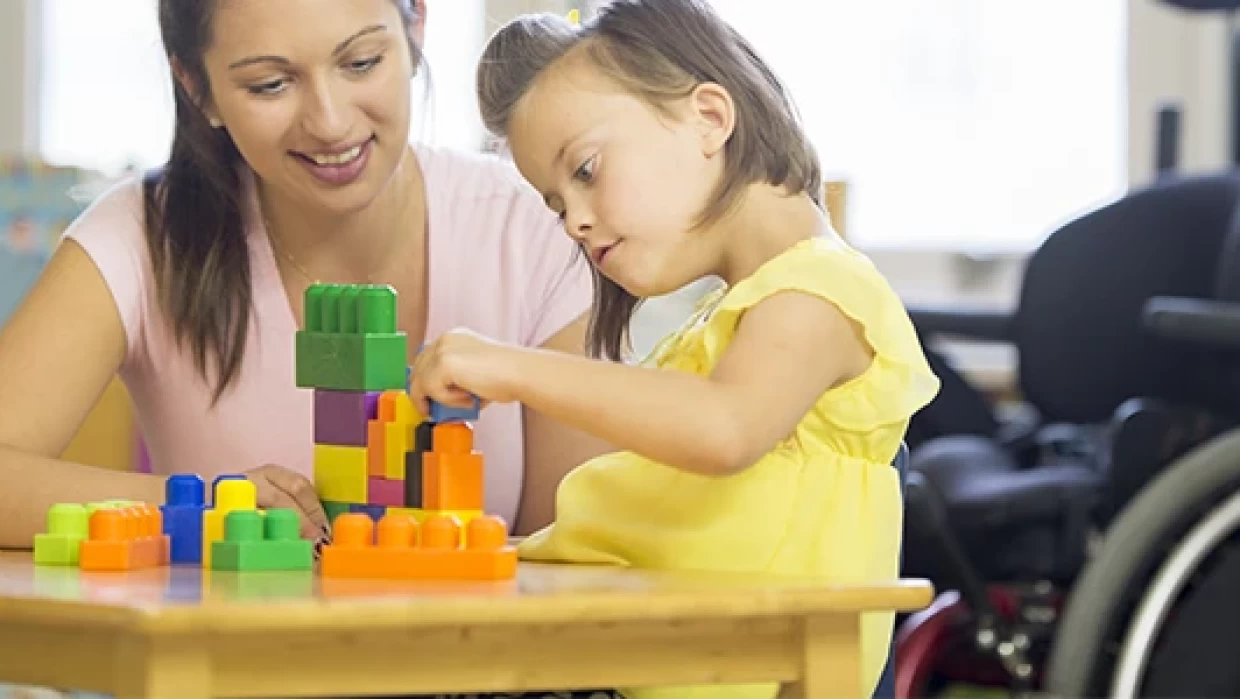
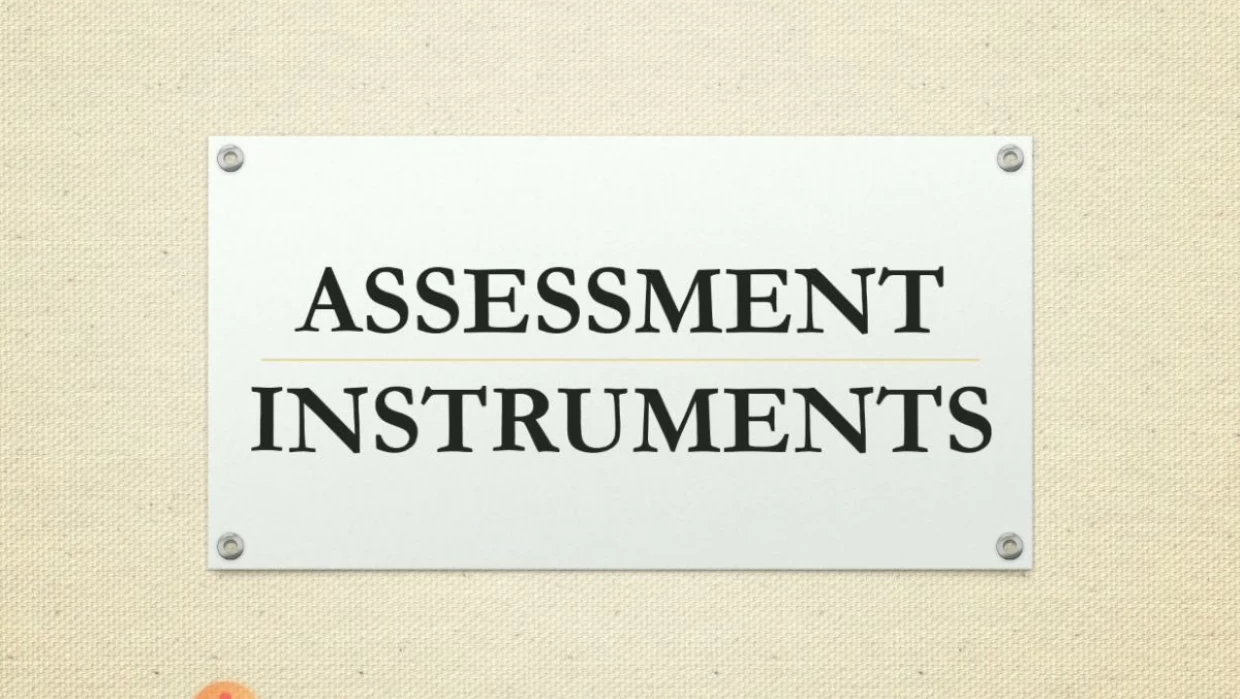


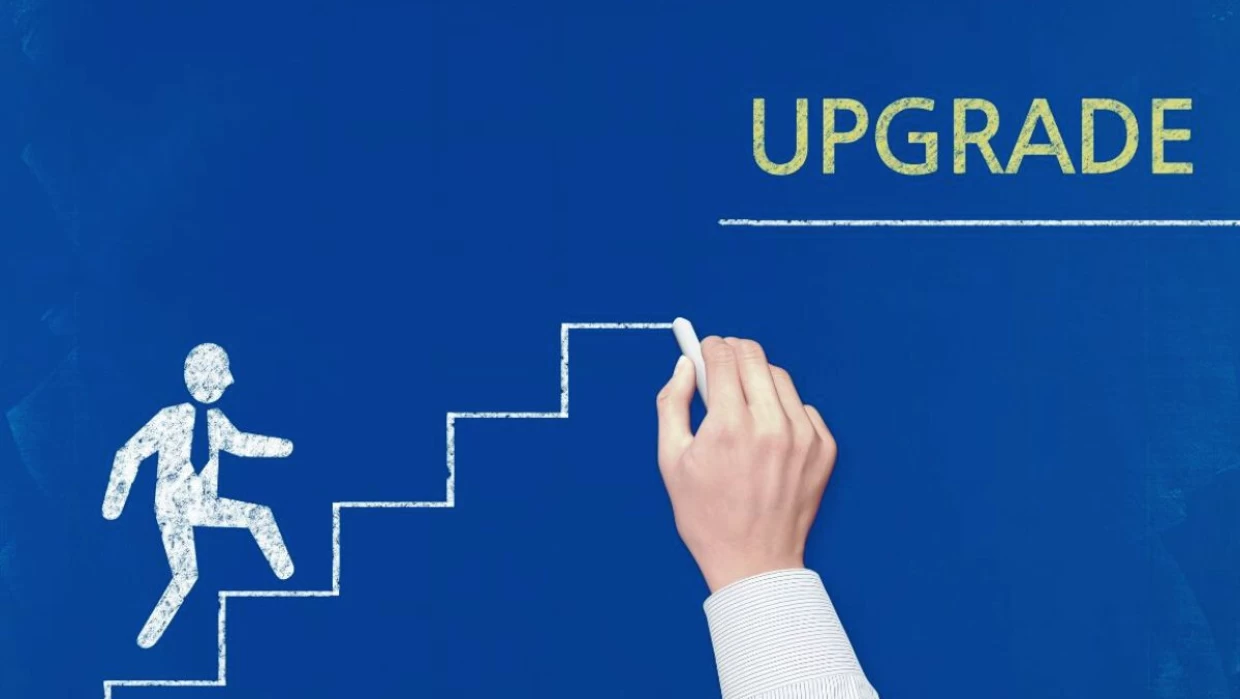
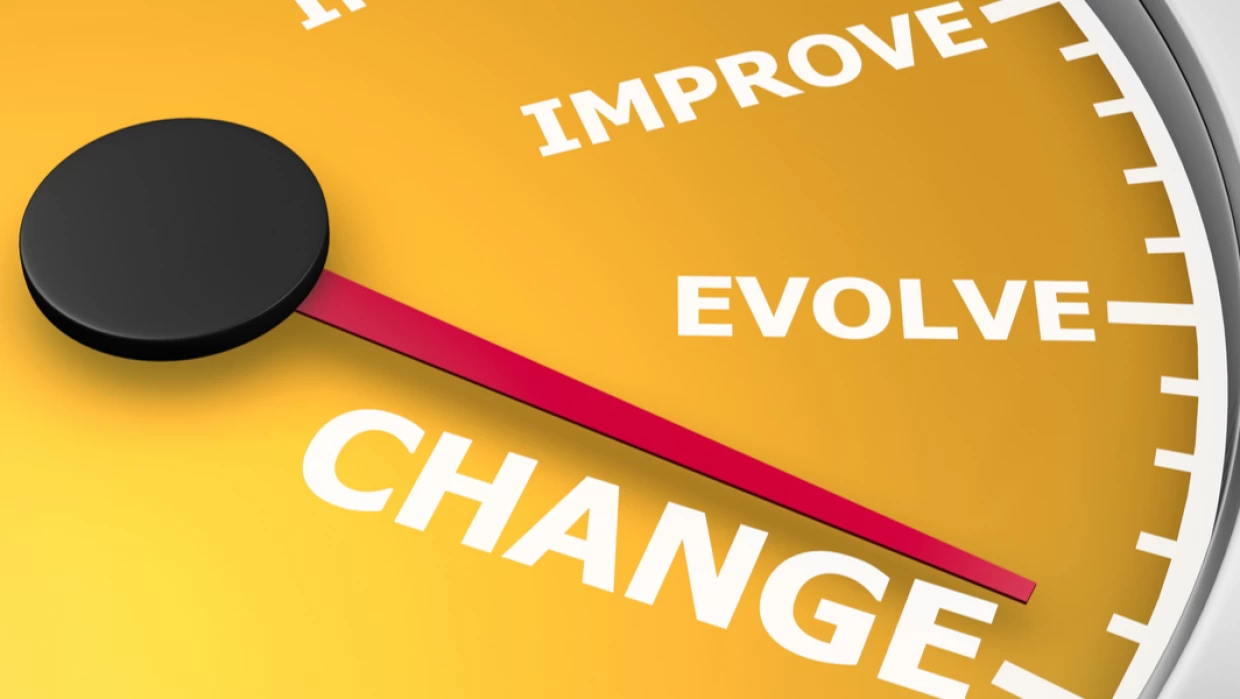

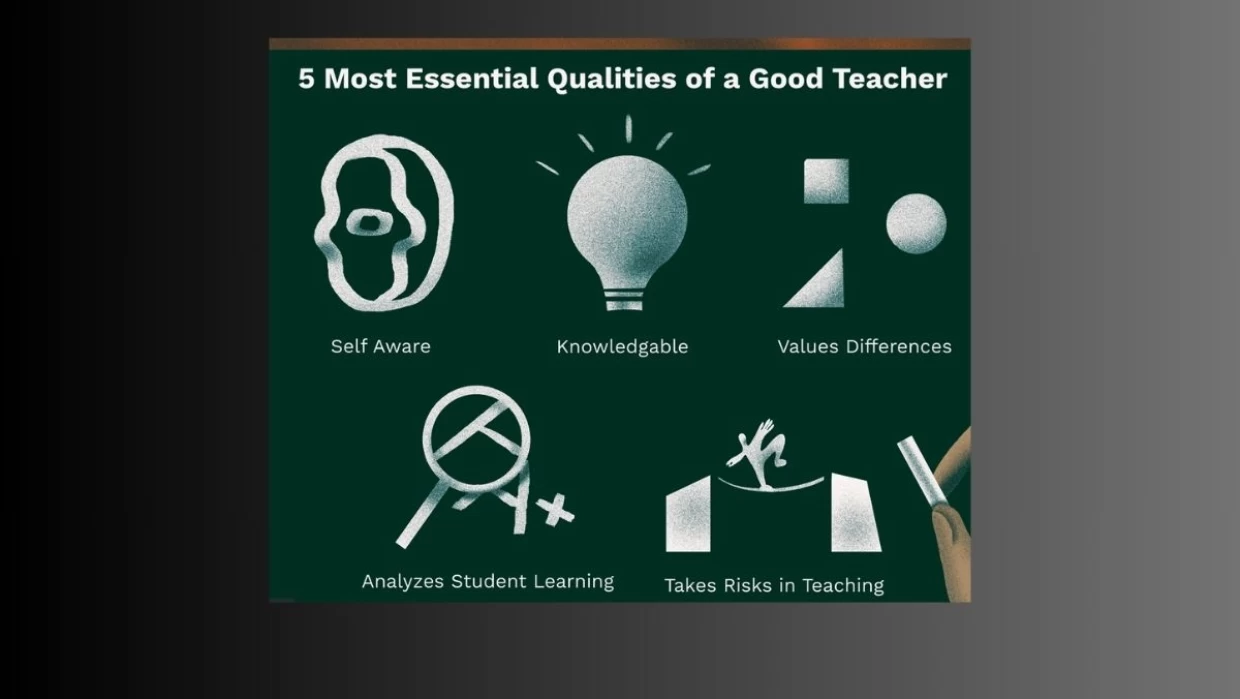
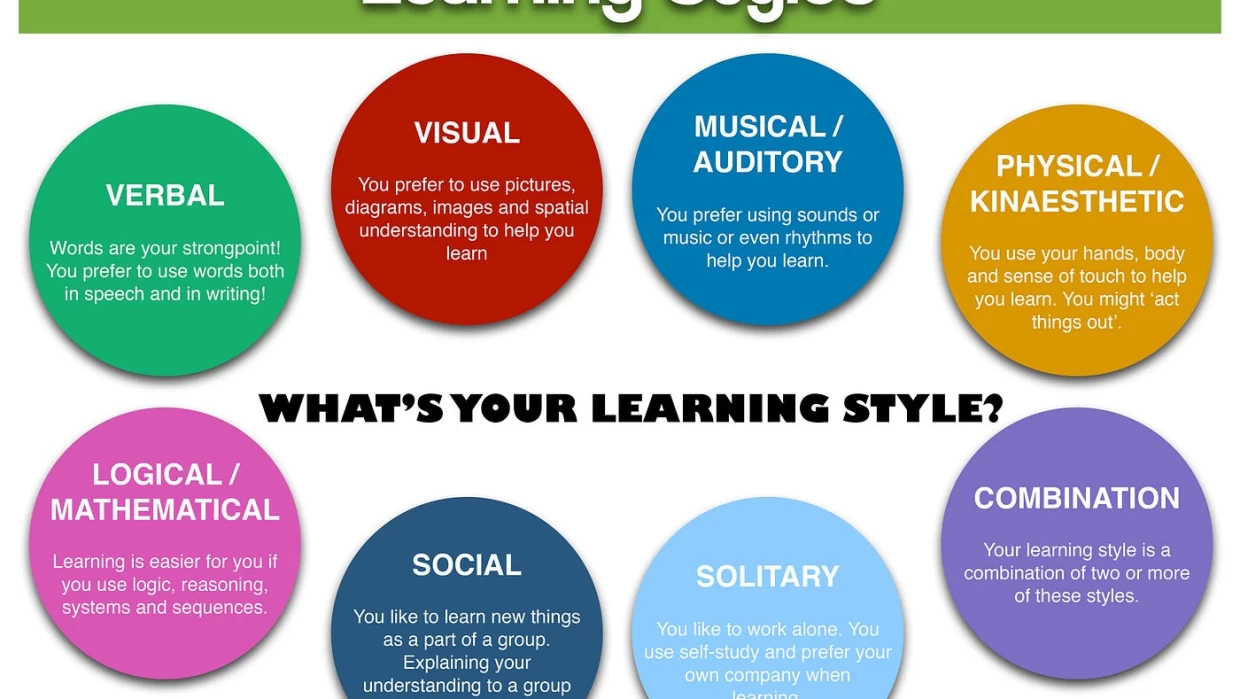
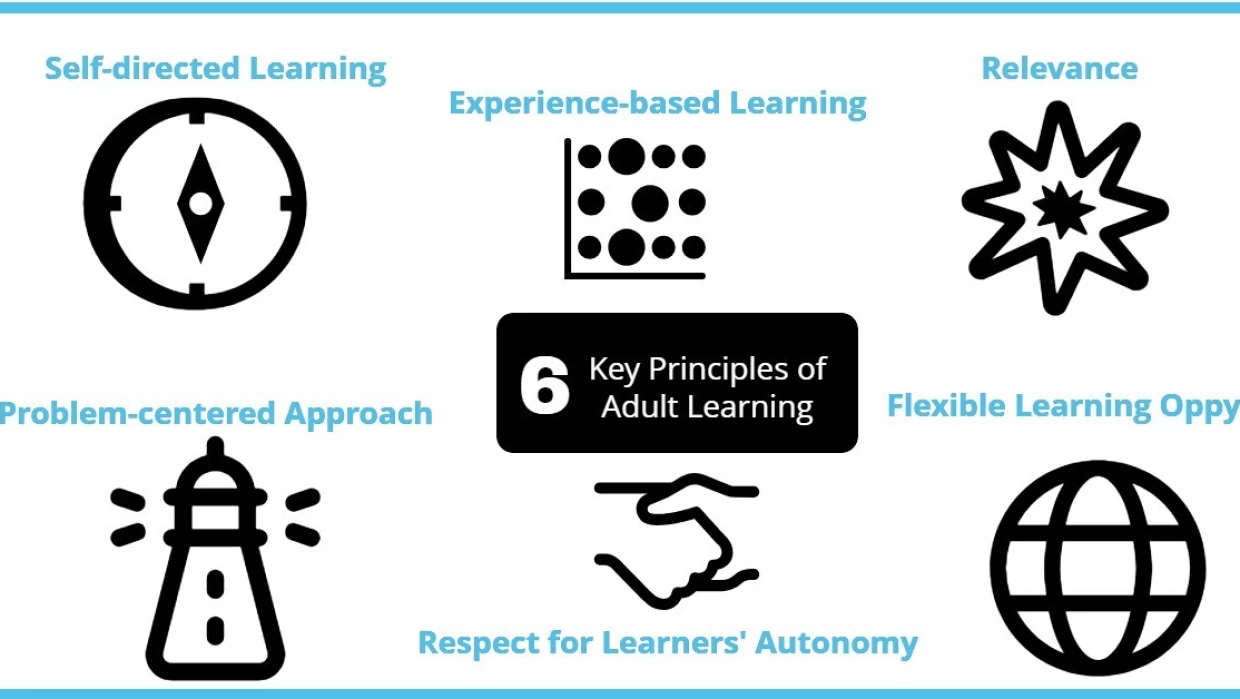


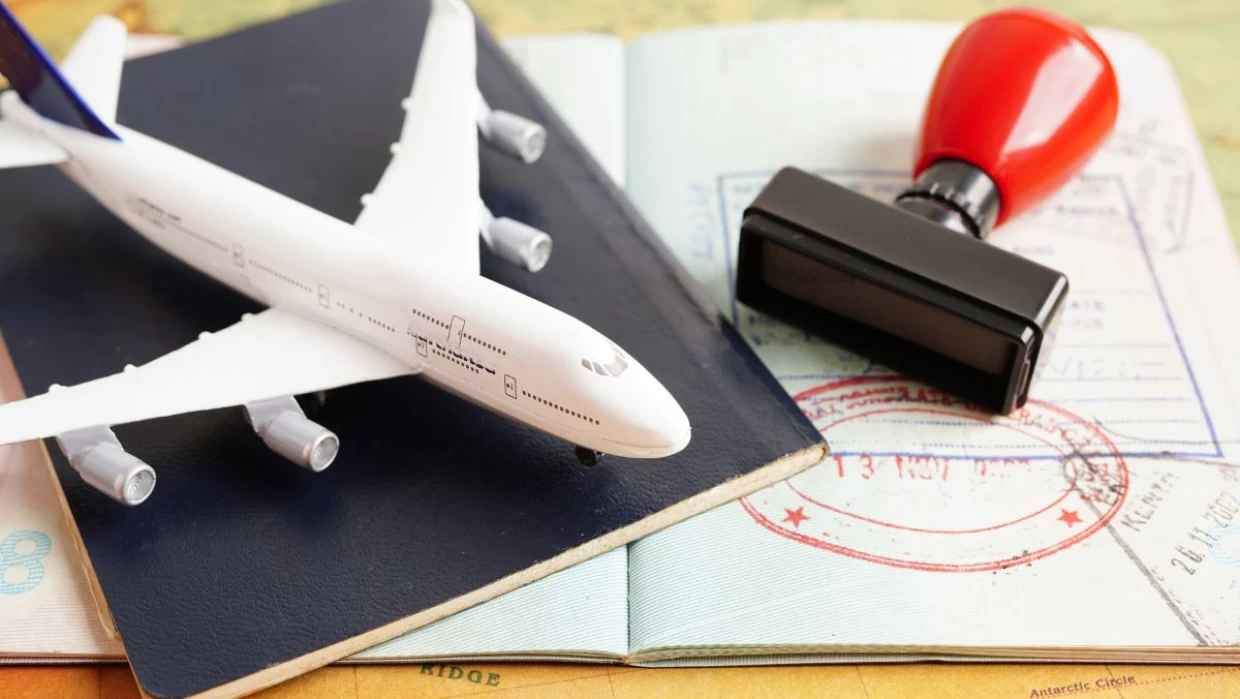











We would be delighted if you could get in touch with us.
Your email address will not be published. Required fields are marked